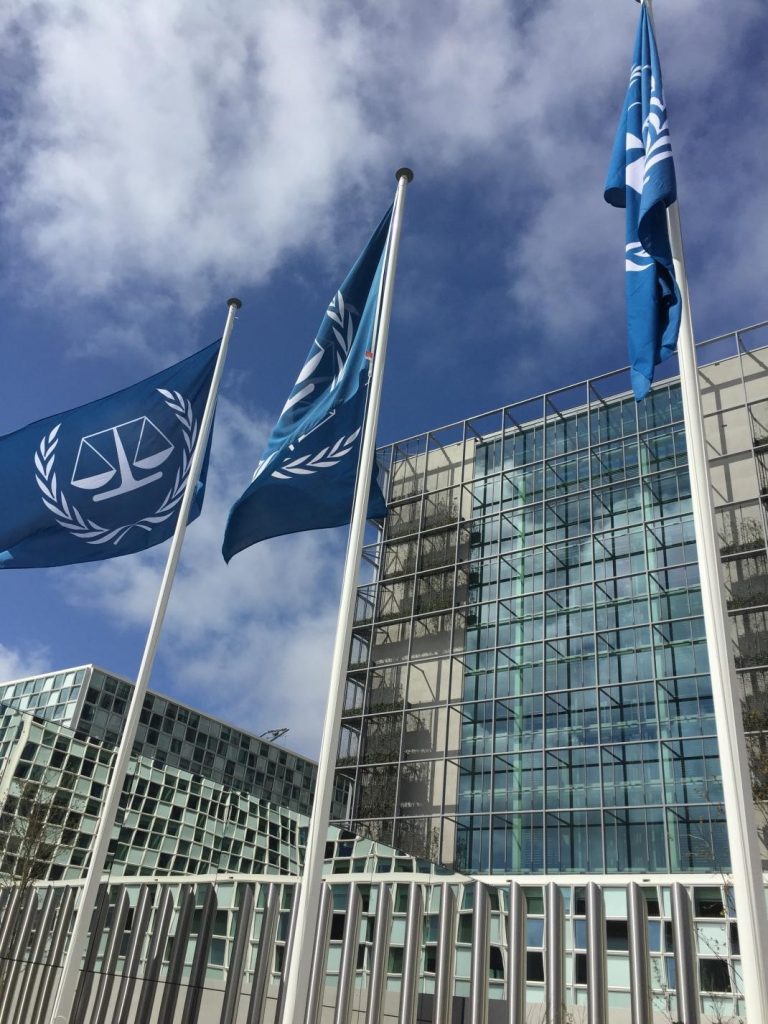Kristina Draskovic
The rise of capitalist economies and globalization has served to increase the prominence and influence of corporations exponentially. Modern corporations are not constricted by national borders, but rather operate within a global economy, manufacturing and producing goods across state lines. While there are various economic benefits associated with the proliferation of multi-national enterprises, their impact on human rights is concerning. The impetus for corporations to re-locate manufacturing outside their incorporating jurisdiction is often tied to the relatively lax regulations in underdeveloped countries. While a decreased regulatory framework lowers production costs for the corporation, it can also lead to environmental degradation, labour exploitation, and human rights abuses. Several initiatives have been established in an attempt to combat the exploitation associated with industrial projects in areas of weak governance, including the Equator Principles.

The Equator Principles (EPs) provide a “financial industry benchmark for determining, assessing, and managing environmental and social risk in Project Finance transactions.” To date, 93 financial institutions in 37 countries have adopted the EPs, and require that clients abide by the principles in order to receive advisory services, project finance, and corporate or bridge loans. Each project is categorized based on its potential level of risk, with each category of risk requiring specific standards to be met before the project receives any of the above-mentioned services. These requirements include ensuring compliance with local laws, undertaking consultation with indigenous groups, creating an environmental management system, and providing a grievance mechanism, among others.
While the EPs provide innovative mechanisms that encourage corporations to institute more socially and environmentally conscious procedures, they do not go far enough in providing real accountability. A central weakness is that they rely on information from the client corporations themselves to assess compliance. These reporting requirements are further undermined by strong confidentiality policies, which protect the corporations. Further, there are no clear consequences for misbehaviour, with the Equator Principles Financial Institutions (EPFIs) regularly opting to negotiate with the client to bring them back into compliance as the “EPFI reserves the right to exercise remedies, as considered appropriate.” In reality, funding is rarely withdrawn from clients.
The extent to which these Principles can affect corporate behaviour globally is further limited, as they regulate only those corporations that apply to their financial institutions. For EPs, the impact is curtailed by additional qualifications- namely, the financing in question is limited to specific projects, rather than loans for general corporate purposes. While such a policy enables private financial institutions to better protect their most at-risk loans, it is not a sufficient assurance against corporations impeding on human rights.
Mechanisms geared toward corporate social responsibility in the private sector, of which the Equator Principles are an example, are tools of financial institutions to lower the risk of their loans to corporate borrowers. As such, their aim is the successful completion of the projects they finance. They operate to minimize the risk of litigation, not to create a gold standard of corporate social responsibility. The reality then, is that the Principles affect only a limited number of projects under their purview. Unfortunately, this limited reach insufficiently incentivizes human rights compliance from many corporations. Further, the Principles themselves are not stringent enough to ensure that meaningful social responsibility is undertaken for each project. The availability of alternative financing for corporations thereby limits the scope of the EPs’ effect.

Beyond their effectiveness, private mechanisms do not provide the appropriate accountability to impugned corporations. The harms that have emanated from corporate projects include grave human rights abuses such as slavery, torture, kidnapping, rape and killings. Crimes of this nature offend the consciousness of humanity and thereby affect society as a whole. Domestic and international courts and tribunals alike have a vested interest in bringing perpetrators to justice, in order to ascribe the appropriate social stigma and condemnation to them. The regulatory frameworks within the spheres of government and international institutions would also be inherently less business-friendly and thereby provide greater human rights protections.
The EPs outlined above, and other initiatives like it, strengthen social responsibility within corporate culture, and reinforce soft-law approaches to constraining corporate behaviour. They provide helpful guidelines to corporations on best practices and can assist states in developing their own regulations. While the private sector’s emphasis on restricting loan agreements to uphold international norms likely has a deterrent impact on corporations, they alone are not enough to combat corporate human rights abuses. Rather, initiatives such as these indicate the necessity of further compliance regimes through other measures such as international initiatives, domestic legislation, and, in egregious cases, International Criminal Court action.
Kristina Draskovic is a second-year student at the Peter A. Allard School of Law. As a clinician in the International Justice and Human Rights Clinic, she is currently writing a research report considering corporate accountability in the international context.